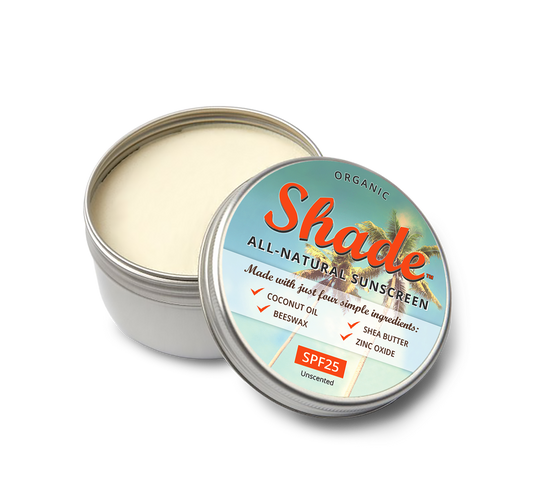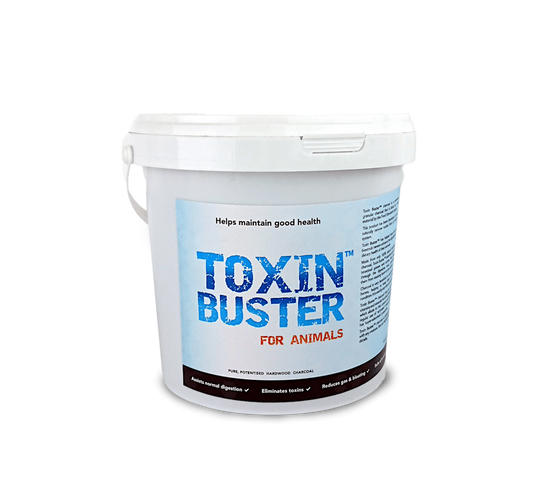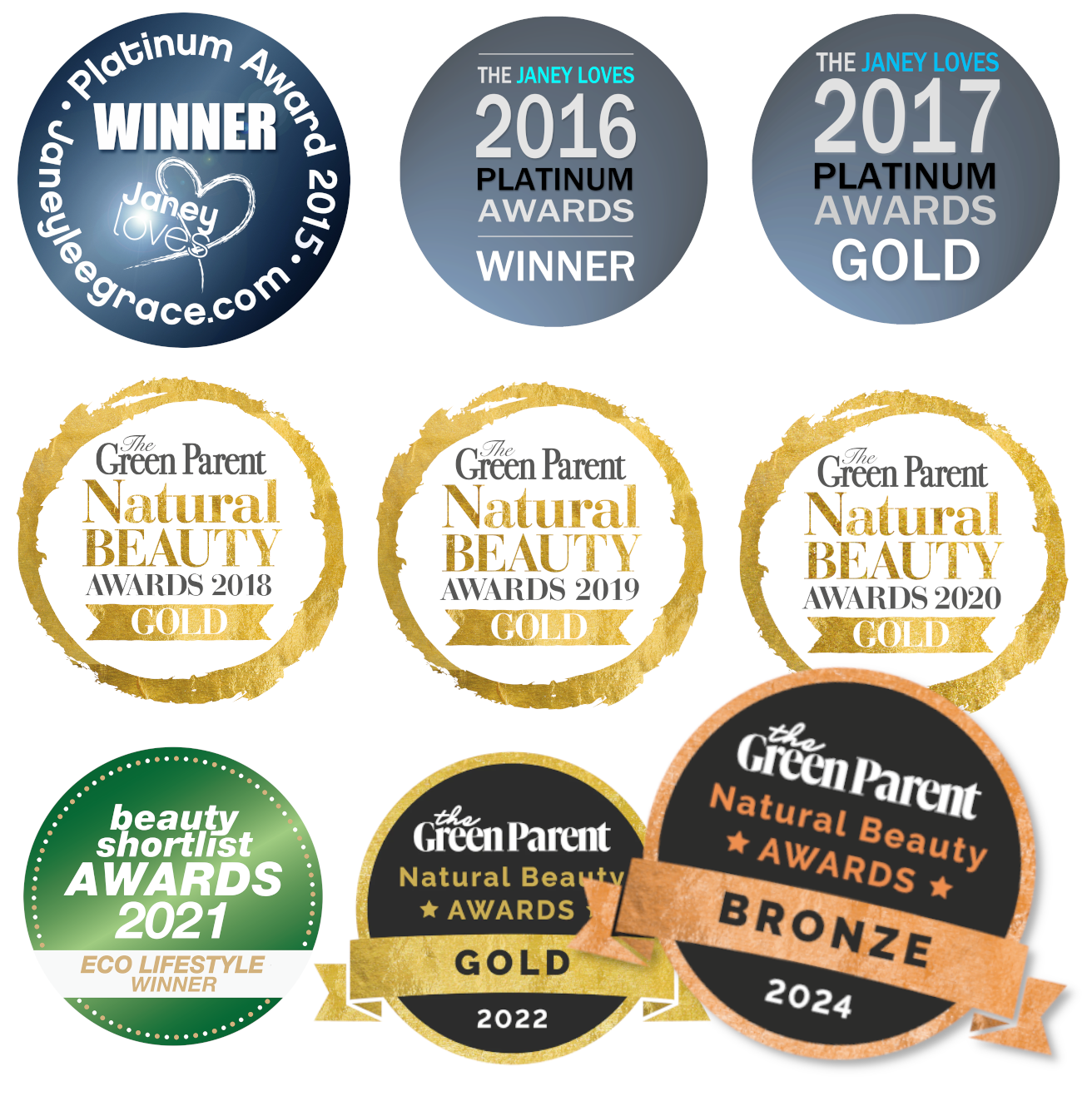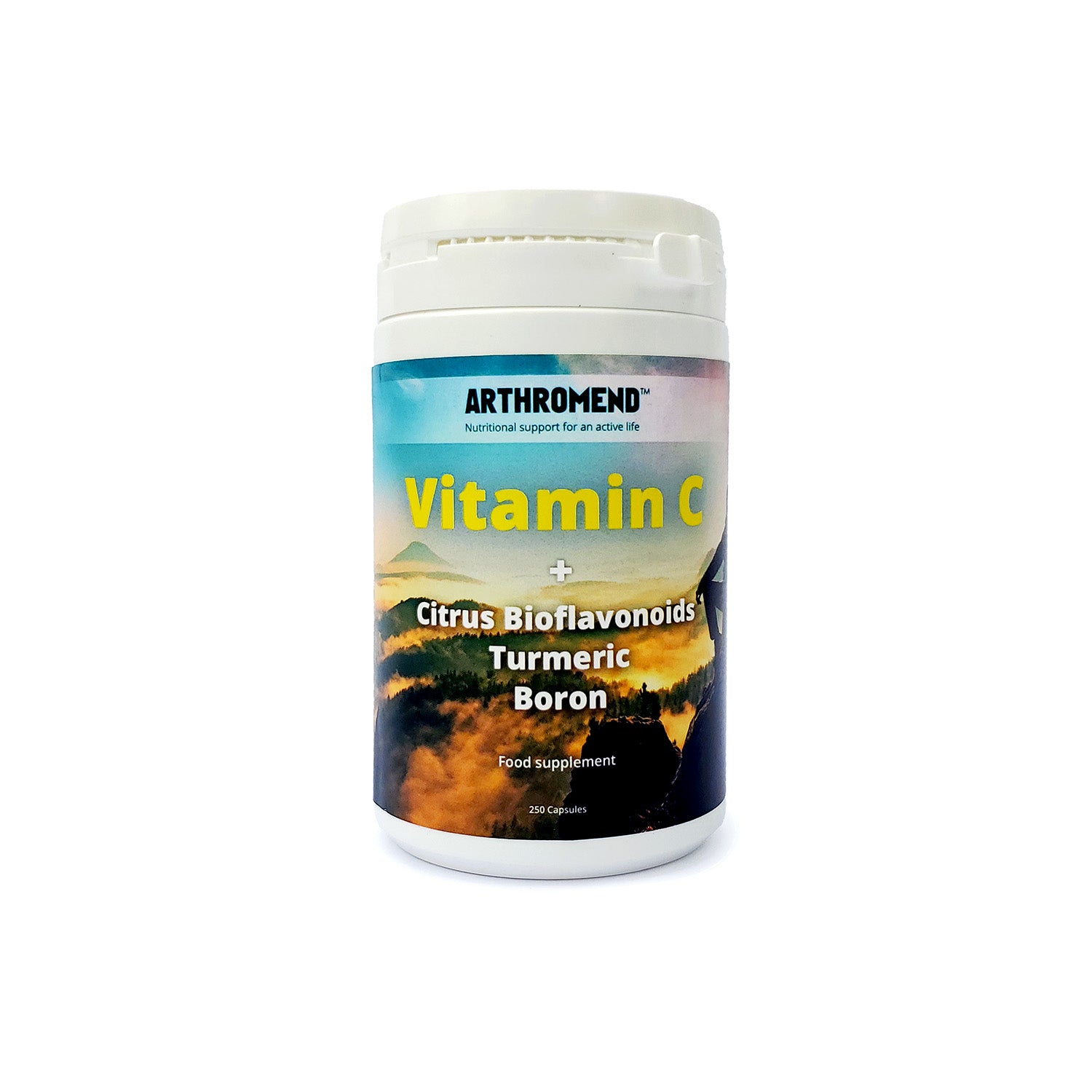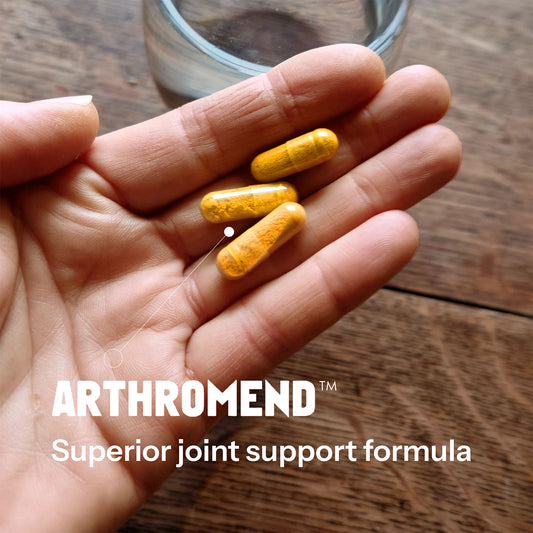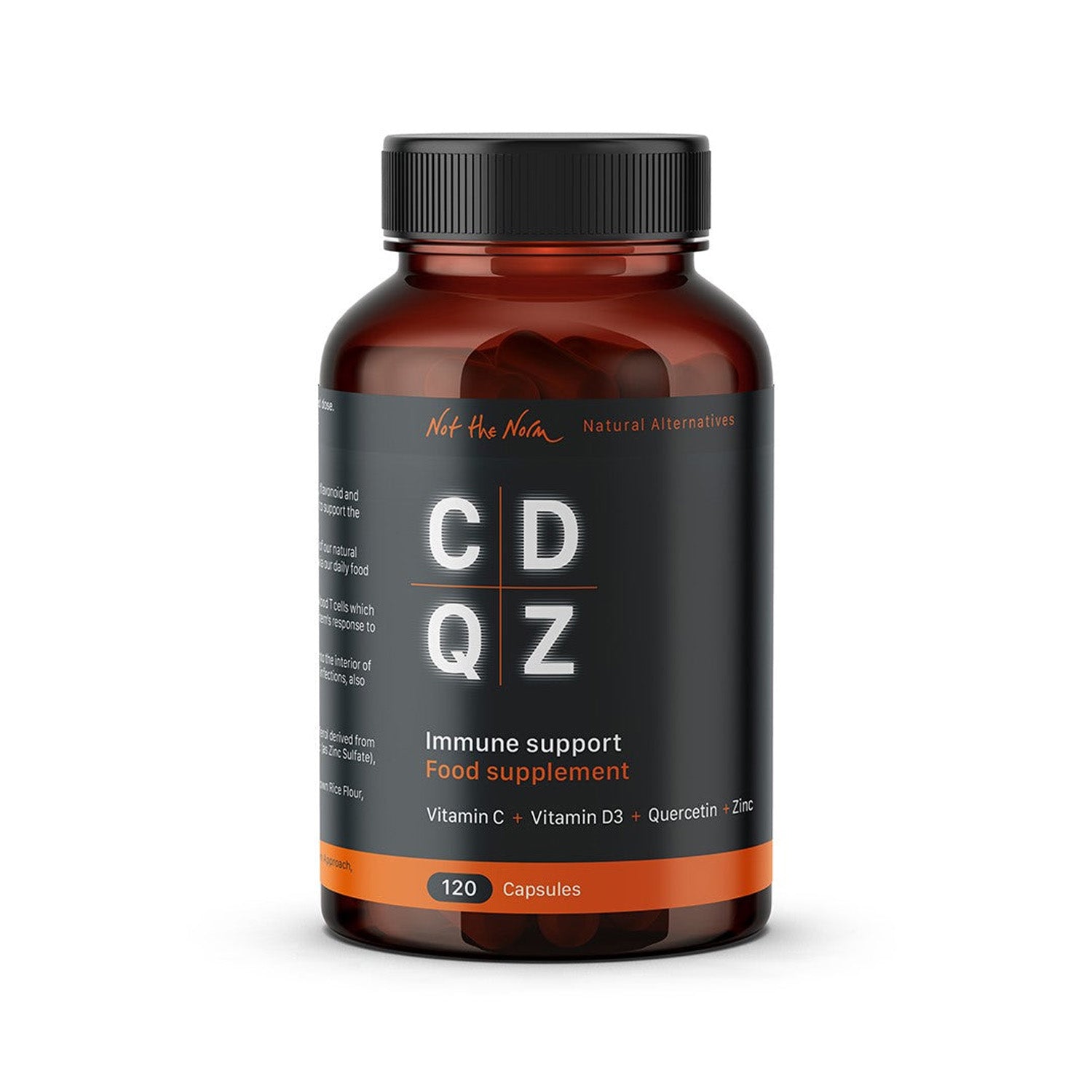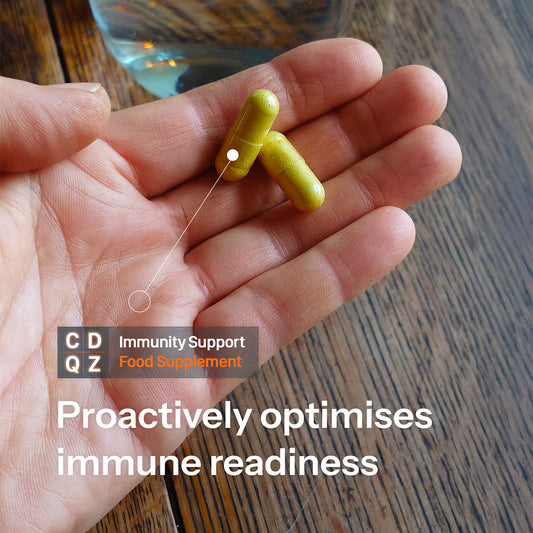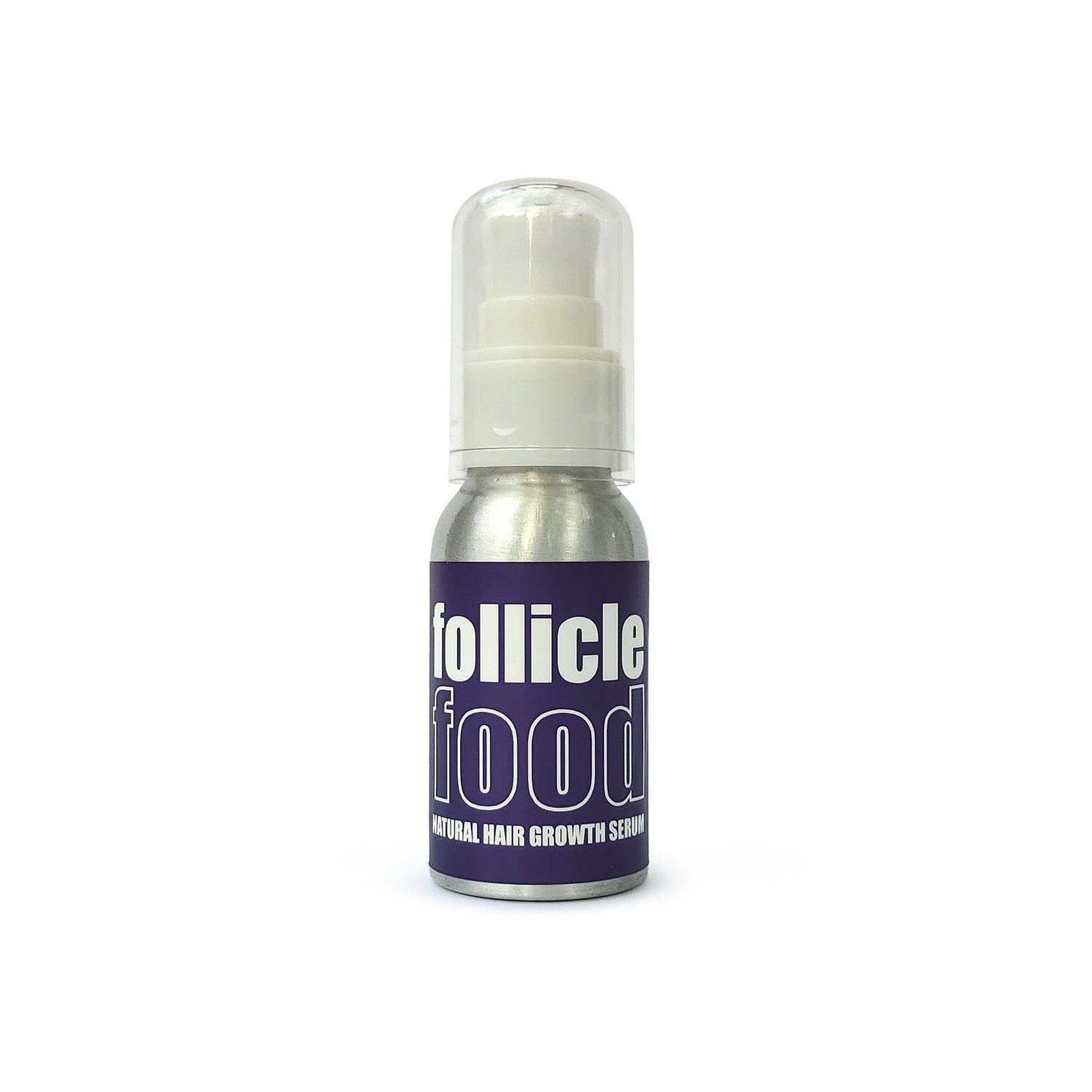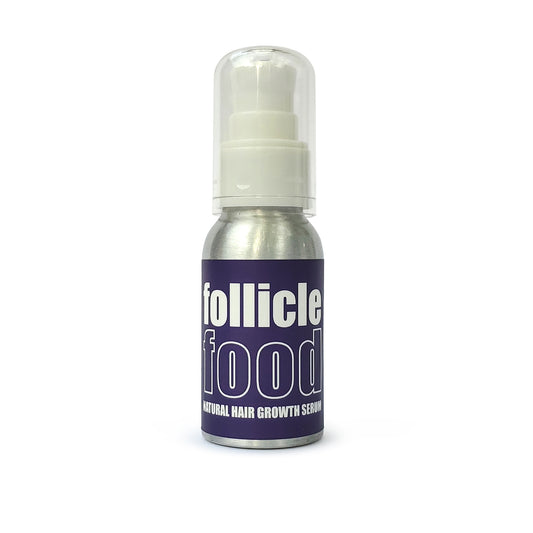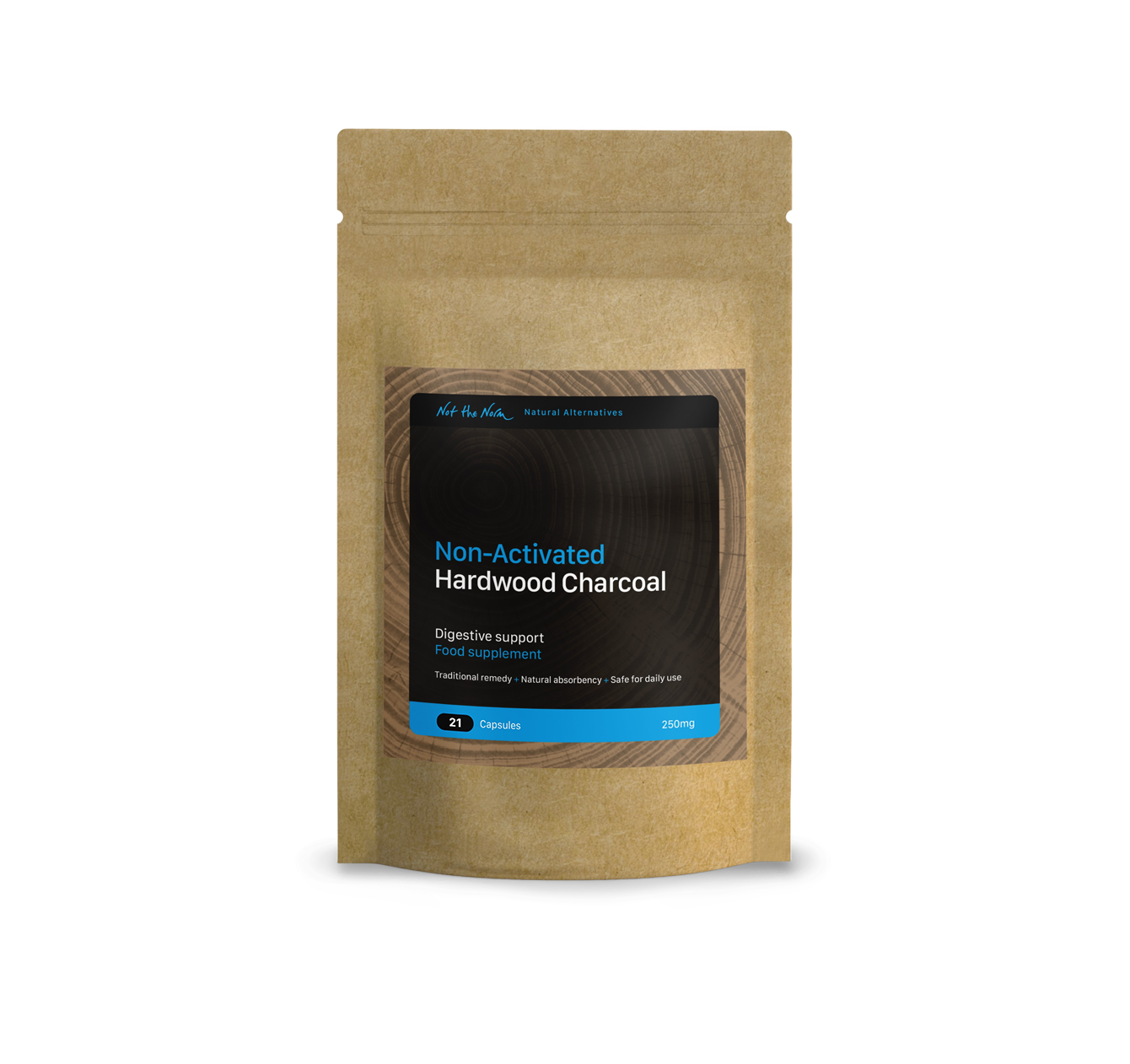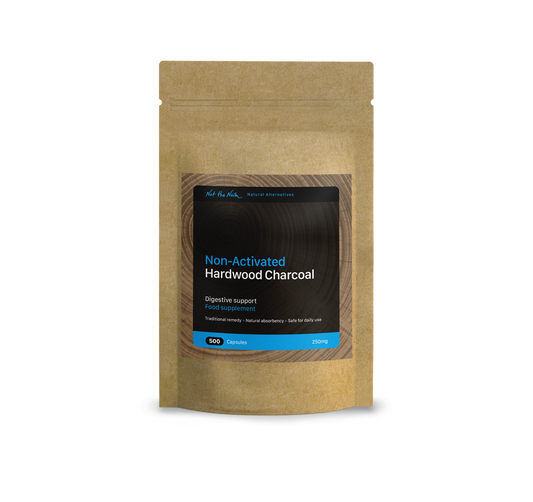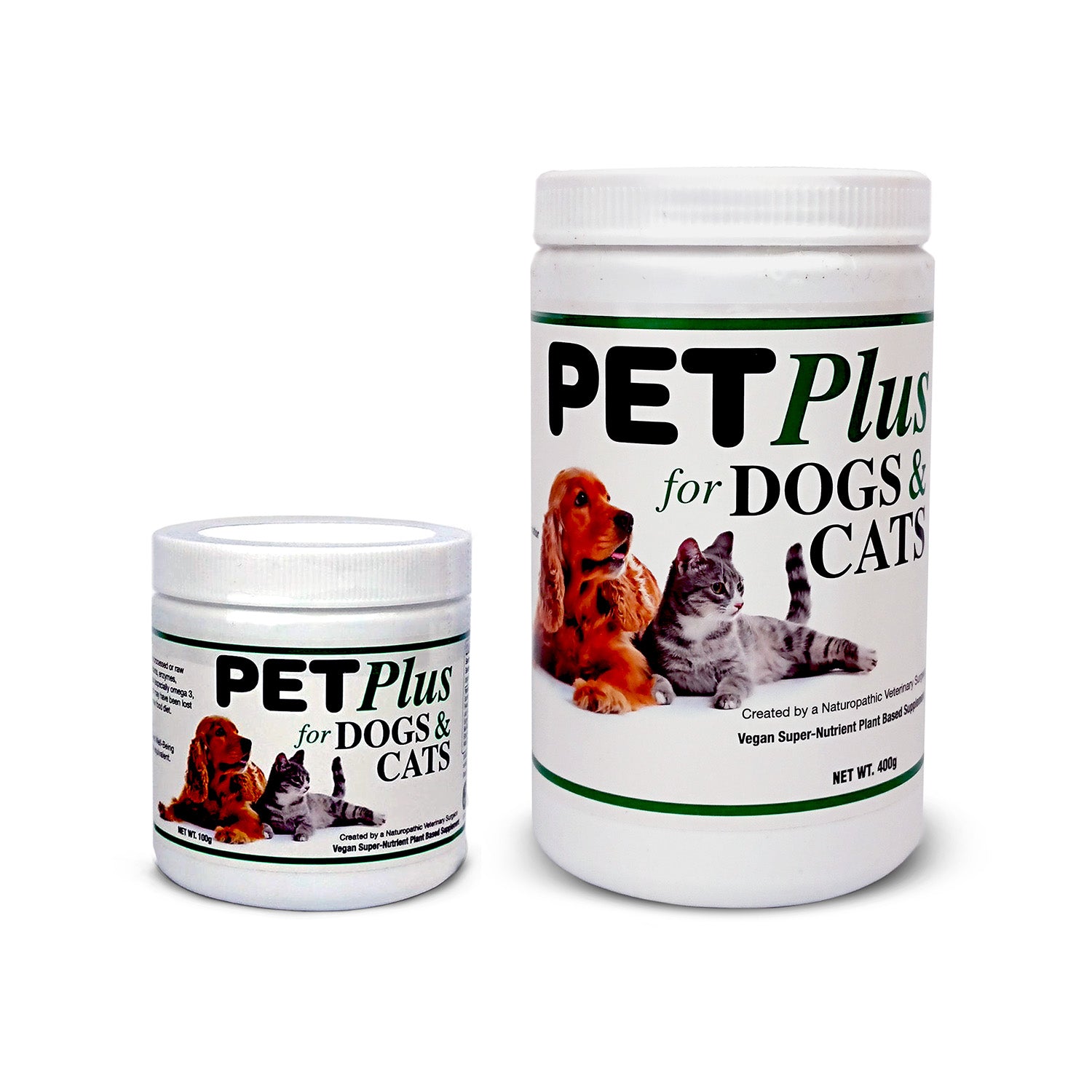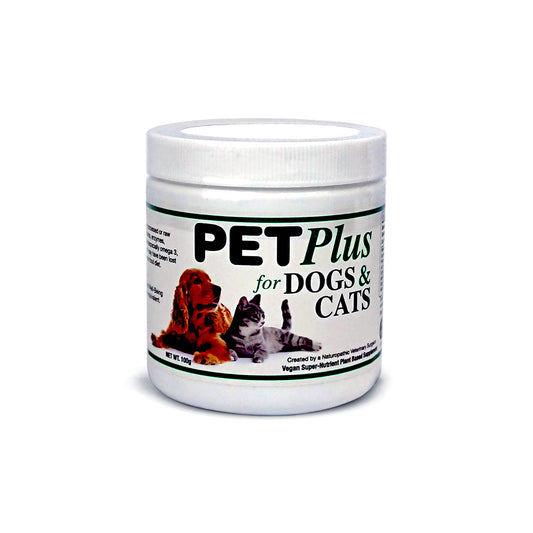Charcoal, particularly non-activated charcoal (also known as biochar), has been quietly making waves in the world of equine health and care. While activated charcoal is known for its potent detoxifying abilities in acute situations, non-activated charcoal offers a range of benefits that make it an excellent option for everyday use in equine diets. Its gentler action on the digestive system, coupled with its ability to enhance overall health without disrupting nutrient absorption, makes it an exciting supplement for horse owners to consider.
Let’s explore the fascinating ways that non-activated charcoal can benefit horses and other equines:
1. Gentle Toxin Management
Horses are exposed to potential toxins daily, from mouldy feed to contaminated pastures. Non-activated charcoal works by adsorbing (not absorbing) harmful substances like toxins, chemicals, and gases in the digestive tract. Adsorption refers to the process where toxins adhere to the surface of the charcoal without being absorbed into its structure.
Though non-activated charcoal has a lower adsorption capacity compared to activated charcoal, it still effectively binds unwanted substances, preventing their absorption into the bloodstream. This gentle detoxification process helps reduce the risk of health problems caused by the ingestion of harmful materials without the stronger effect of nutrient loss seen with activated charcoal.
2. Managing Plant Toxins: Ragwort, Oak, and Laburnum
In addition to environmental toxins, horses may also ingest harmful plants such as ragwort, oak, laburnum, and others, which are common in pastures. These plants contain toxins that can cause severe illness or even death.
- Ragwort contains pyrrolizidine alkaloids, which damage the liver.
- Oak contains tannins and other chemicals that can cause colic, kidney damage, and gastrointestinal upset.
- Laburnum contains cytisine, a toxic alkaloid that affects the nervous system and can cause tremors, diarrhea, and, in severe cases, death.
Non-activated charcoal can act as a first-line defense by adsorbing the toxins from these plants, helping to prevent their absorption into the horse’s bloodstream. Although it may not be as powerful as activated charcoal for acute poisoning, non-activated charcoal can still offer some protection and reduce the impact of accidental ingestion by limiting the availability of these toxins in the digestive system. For serious cases, activated charcoal may be used immediately following toxin ingestion under veterinary guidance, while non-activated charcoal could serve as a safer option for ongoing support in horses at risk of encountering toxic plants.
3. Supporting Digestive Health and Comfort
Digestive issues like bloating, gas, and discomfort can significantly affect a horse’s health and performance. Non-activated charcoal helps to adsorb excess gas in the digestive system, providing relief from these common digestive problems. While activated charcoal is more potent in reducing gas, non-activated charcoal’s milder effect makes it a safer option for long-term use, particularly in horses prone to digestive upsets.
What’s more, non-activated charcoal can help balance the gut’s microbial environment, promoting healthy digestion and nutrient absorption without negatively impacting the natural processes of the gut. This ensures horses maintain a healthy weight, better feed efficiency, and improved overall gut health.
4. A Friend to Nutrient Absorption
One of the standout features of non-activated charcoal is that it doesn’t interfere significantly with nutrient absorption. Activated charcoal, with its high adsorption power, can sometimes bind to essential nutrients like vitamins, minerals, and even medications, potentially leading to deficiencies or reduced effectiveness of supplements. This is why activated charcoal is typically used only in short-term or emergency situations, such as poisoning.
Non-activated charcoal, on the other hand, is much gentler. It has a lower porosity and adsorption power, meaning it can still offer benefits like toxin removal and gas reduction without robbing the horse of vital nutrients. This makes it ideal for regular, ongoing use as part of a horse’s dietary regimen.
5. Reducing Odours and Improving Stable Conditions
Horses on a diet supplemented with non-activated charcoal tend to produce manure with reduced odour. The charcoal adsorbs toxins and gases in the digestive system, which can lead to less offensive-smelling manure. For horse keepers, this can be a game-changer, making stable management more pleasant while also improving the air quality in barns and paddocks.
6. A Natural Aid for Diarrhoea and Digestive Upsets
Digestive disturbances, such as diarrhoea, can arise from bacterial imbalances or toxin exposure in horses. Non-activated charcoal can help bind harmful bacteria and toxins, offering relief from these symptoms without being as aggressive as activated charcoal. Its regular use can also serve as a preventative measure, maintaining a healthier gut and reducing the likelihood of digestive upsets.
7. Preventing Laminitis Through Gut Health
One of the most dreaded conditions in equine care is laminitis, an inflammatory disease of the hooves often linked to digestive imbalances and bacterial endotoxins. By binding toxins in the gut, non-activated charcoal may play a role in reducing the levels of endotoxins that trigger laminitis. While activated charcoal is typically used in acute cases, non-activated charcoal offers gentler, ongoing support for maintaining gut health, which in turn can help reduce the risk of laminitis.
8. Safe Long-Term Use for General Health
What makes non-activated charcoal so attractive for equine use is its safety profile. Since it doesn’t bind essential nutrients as aggressively as activated charcoal, it can be used over the long term without the risk of nutrient malabsorption. Horses can benefit from the charcoal’s ability to adsorb toxins and improve digestion, while still fully absorbing the vitamins, minerals, and other nutrients they need from their feed.
Additionally, non-activated charcoal can help horses that graze in areas treated with pesticides or who might ingest contaminated feed by providing ongoing detoxification support without disrupting their overall health and nutrition.
How to Incorporate Non-Activated Charcoal in a Horse’s Diet
If you’re considering adding non-activated charcoal to your horse’s diet, it’s essential to consult with a veterinarian or equine nutritionist to determine the appropriate dosage and ensure it fits into their overall health plan. While non-activated charcoal is generally safe, it’s always best to monitor how individual horses respond, especially when introducing a new supplement.
Conclusion: A Natural, Gentle Solution for Equine Wellness
Non-activated charcoal offers a range of benefits that make it an exciting option for equine care. Its gentle detoxifying abilities, support for digestive health, and minimal interference with nutrient absorption make it ideal for regular use. Whether you’re looking to reduce gas, improve gut health, prevent laminitis, or simply promote a healthier, more comfortable horse, non-activated charcoal is a powerful, natural supplement that deserves a place in your equine health toolkit.
For horse owners looking for a safe, effective, and natural way to improve their horse’s overall well-being, non-activated charcoal might just be the unsung hero they’ve been waiting for.
Content Disclaimer
The information contained above is provided for information purposes only. The contents of this blog are not intended to amount to advice and you should not rely on any of the contents of this post. Professional advice should be obtained before taking or refraining from taking any action as a result of the contents of this post. Not the Norm Ltd disclaims all liability and responsibility arising from any reliance placed on any of the contents of this post.


